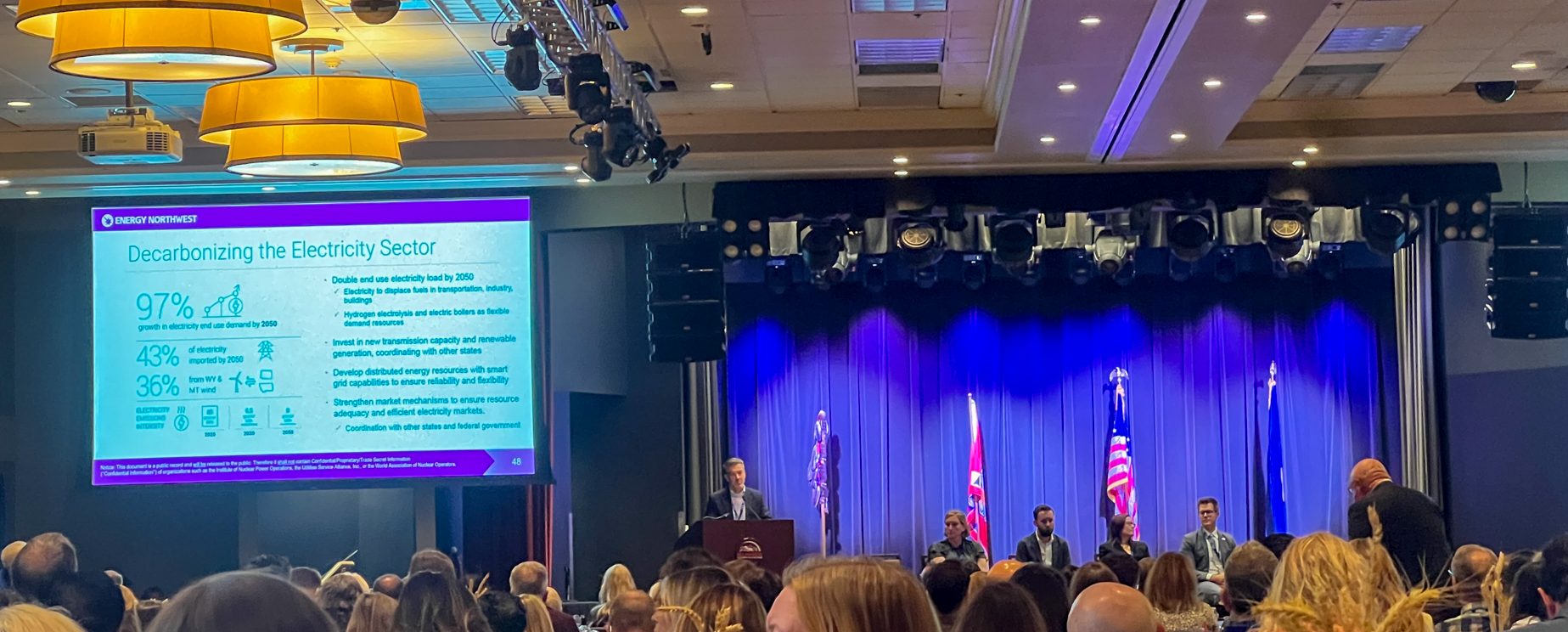Growers take issue with commodity commissions
Published 2:30 am Saturday, March 1, 2003
PENDLETON – A gathering or growers attempted to separate the core of the situation from the chaff Thursday at the Pendleton Convention Center.
Area producers gathered to hear state officials, growers and farm service agency representatives present arguments for and against the proposed changes to the structure of Oregon’s 28 commodity commissions.
Trending
Legal concerns arising from differing circuit court decisions in mandatory assessment opposition cases in several states prompted a study by the Oregon Department of Justice to see if the state’s commissions were vulnerable to legal action. Shannon O’Fallon, Oregon Department of Justice, presented the findings of the year-long study at the workshop.
“We believe the commissions are legally vulnerable and there is a valid government speech defense – so we propose some changes,” O’Fallon said.
One of the primary issues that could leave the commissions open to legal action is the violation of First Amendment rights of the growers involved by forcing them to pay for advertising they may not agree with, and therefore removing their right to not speak. This argument has been used in cases against the beef check-off in South Dakota and Montana with the end result of Montana finding the check-off to be constitutional and the South Dakota court ruling against the constitutionality of the program.
Establishing commodities commissions as government entities would remove this form of challenge, O’Fallon said.
Current law enables commodity producers to create a commission by referendum of producers, elect commissioners and dissolve a commission by referendum. If proposed changes are adopted commissions would be created by the legislature, members appointed by the legislature or executive branch and dissolved by the legislature.
Further changes would also place all of the 28 commodity commissions under the supervision of the Oregon Department of Agriculture. Dalton Hobbs, ODA marketing division administrator, spoke to the concerns of some growers that the process had been conducted without public notification, saying attorney client privilege had been evoked to lessen legal impact.
Trending
Local grower and former OWGL president Clinton Reeder spoke passionately about the proposed changes and the history and meaning of the OWGL.
“I’ve wrestled long and hard with this issue and what to say this morning,” Reeder said. “I think the industry needs to take a careful look at this issue and the legislation under which we were created.
“I would rather see the OWC killed as an organization than see it taken over by government.









